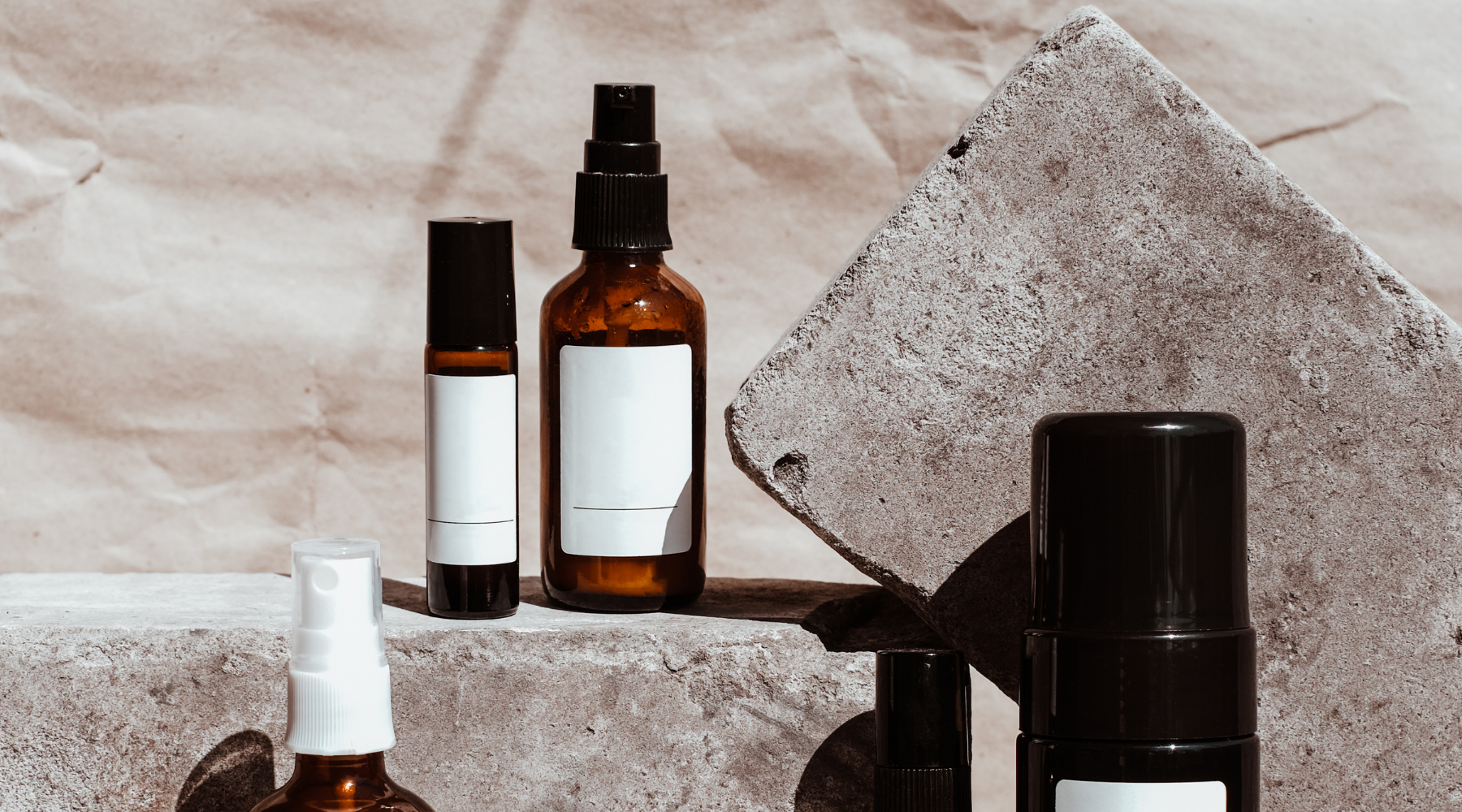
“Trust us,” they said… What those clean beauty certifications really mean.
What is greenwashing in marketing?
You like to be in the know. You’re curious and stay on top of the latest health news. So you keep informed, learn what’s best for your body, and make the best choices when you can.
✨You’re one of us! ✨
An ingredient nerd with mad respect for honesty and transparency, especially when it comes to what you choose for your daily beauty regimen. 🤓
Hey, you know your skin is your body’s largest organ. So what you put in it totally matters!
Unfortunately, navigating the waters of beauty label claims can be clear as mud.
Can you really trust beauty labels?

What’s the scoop on beauty claims and certifications?
Reading about every beauty certification under the sun can be dizzying—and just too damn much. 😵💫
Who has the time? And who do you trust?
If you can think of a facet of clean beauty, there’s a certificate for it…
💛 organic claims
💛 environmental sustainability
💛 fair treatment of workers
💛 humane animal treatment
The problem is, there are *so many* different certifying bodies within each position, boasting the importance of using their logo.
And several for-profit unregulated companies are happy to charge for an official-looking sticker to slap on a bottle. 💰
As if that weren’t enough, plenty of logos are also designed to resemble official certifications, which makes this landscape all the more muddied.
And some clean beauty brands simply can’t afford certifications or to pay to use a logo, even when their products meet or exceed the qualifications.

How do you know what’s clean and what’s a con?
Companies in the US can claim “clean beauty” on almost anything! There’s no legal or official definition. Even when supposed [green/clean/healthy] beauty products are filled to the brim with “nasties” and healthy-harming synthetics.
There’s just not much scrutiny here. It’s really up to each brand to be “honest” with their claims.
And that’s why it can be hard to know what to buy and what to ditch.
Using marketing claims like clean, natural, or eco-friendly to describe a product that is harmful to the environment or your health is not ok. It’s unethical. But it happens all the time. 😥
It’s called greenwashing.
Greenwashing is a misleading practice that puts a clean or eco-friendly spin on certain claims so the brand or product sounds better, cleaner, or greener than they really are. Gross.
At CSM, we’re honest about our ingredients and processes and want you to have all the info.
We believe when you know better, you do better. Clarity and education for the win!
Now, let’s get to the truth. ⚖️🕵️

Let’s break it down. Greenwashing in marketing or a legit claim?
Do any of these claims look familiar?
♻️ “Plant-derived”
♻️ “All-natural”
♻️ “Vegan”
♻️ “Cruelty-free”
♻️ “Eco-friendly”
♻️ “Sustainably sourced”
Yes, these are all noteworthy claims.
But are they verified? Are they good for you? Good for the planet?
How do you know which are legit?
There is no “Beauty Industry Board” that awards these designations. Companies can use *buzzy* words and design fancy logos on their packaging. No one is really checking.
The one exception is the USDA Organic seal. But claiming organic doesn’t mean the whole product is made with organic ingredients. To use this seal on packaging, a product must be made with at least 95% organic ingredients and certified by the FDA.
Any other clean or green claim in the US has no regulation. It’s left to each company’s standards and not subject to any scrutiny beyond consumers picking up the bottle. 😬

The truth is in the ingredient list.
Forget the flashy claims. Don’t get distracted by the eco-looking labels—they won’t give you the facts you need.
The good news—you don’t need to invest hours learning the ins and outs of cosmetic manufacturing.
*Just read the ingredient list.* That’s all you need to make an informed choice.💡
We try to be completely transparent and open about every single ingredient and the process of creating our products. So you know exactly what goes on your skin.
Those buzzy stickers making products appear a certain way? We don’t believe in that.
You deserve products that are ACTUALLY good for you—and work. And as regular people just like you, we don’t want to lump ourselves in with the big players in beauty by buying into these empty claims.
*Clean, simple ingredients that treat your skin right.*
Want to see what goes into our products? Click around our website, and you’ll see detailed lists of ingredients for every product. Easy peasy.

Pushing against the nasty norms of Big Beauty.
It’s amazing (and scary) what you uncover when you peel back some layers in the beauty biz.
Since FDA regulations for cosmetics are almost nonexistent, some companies claim whatever they please. And use harmful ingredients in the products you put all over your body.
When companies believe in profits over people, your safety doesn’t always come first.
That’s NOT how we do things at CSM. 👏 Every claim we make is legitimate. Each product undergoes rigorous testing. And if we discover side effects that are even potentially harmful for just a few, that’s considered too risky for us to follow through. Back to the drawing board is a better option than selling you stuff that might hurt you in the long run.
While we don’t have all the answers to Big Beauty’s problems, we work hard to find them.
We care about your skin struggles and will always stand up for what’s healthy, ethical, and effective. Pinky promise.

